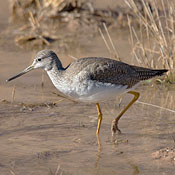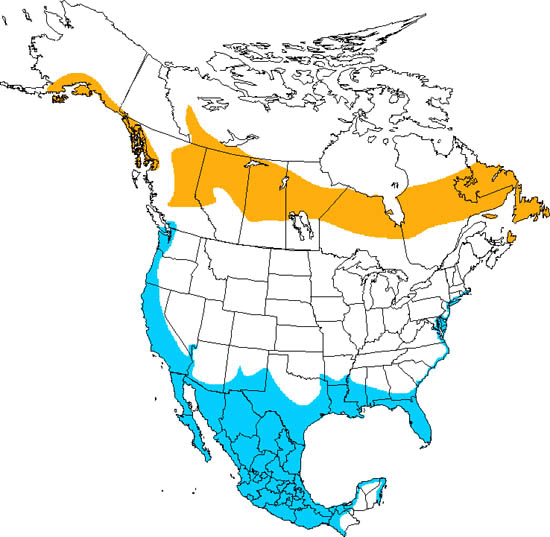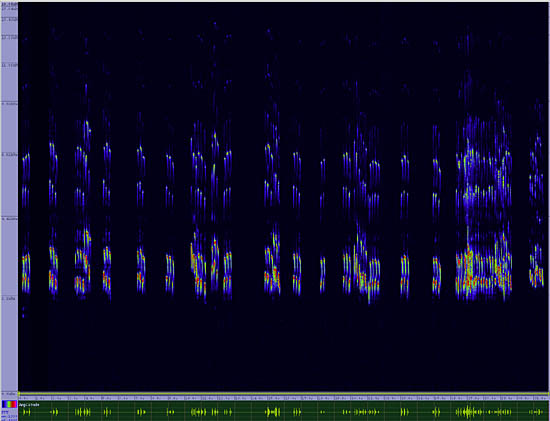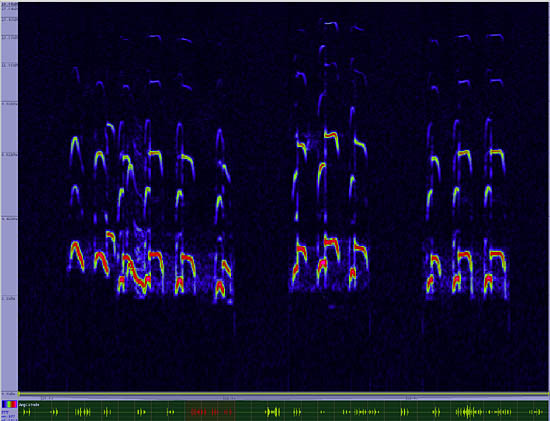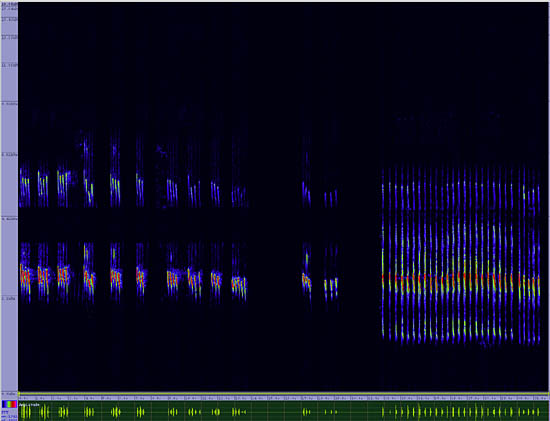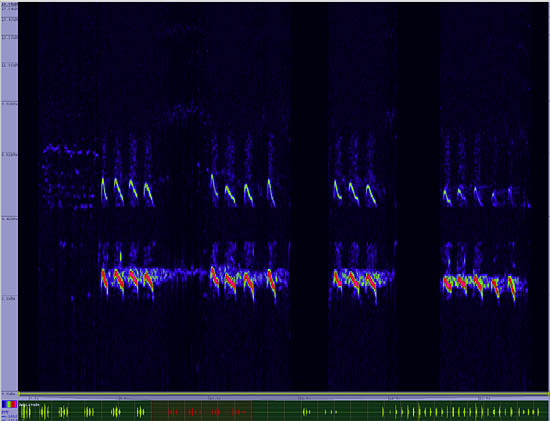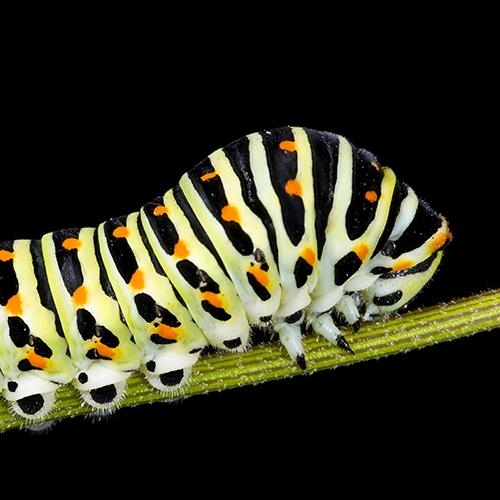The four-digit banding code is GRYE.

Sandpiper Like
Greater Yellowlegs
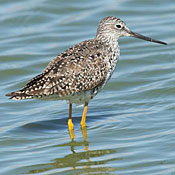
Length: 14 in. (36 cm )
View Citation
Bibliographic details:
- Article: Greater Yellowlegs
- Author(s): Dr. Biology
- Publisher: Arizona State University School of Life Sciences Ask A Biologist
- Site name: ASU - Ask A Biologist
- Date published: July 13, 2017
- Date accessed: January 12, 2025
- Link: https://askabiologist.asu.edu/activities/bird/greater-yellowlegs
APA Style
Dr. Biology. (2017, July 13). Greater Yellowlegs. ASU - Ask A Biologist. Retrieved January 12, 2025 from https://askabiologist.asu.edu/activities/bird/greater-yellowlegs
Chicago Manual of Style
Dr. Biology. "Greater Yellowlegs". ASU - Ask A Biologist. 13 July, 2017. https://askabiologist.asu.edu/activities/bird/greater-yellowlegs
Dr. Biology. "Greater Yellowlegs". ASU - Ask A Biologist. 13 Jul 2017. ASU - Ask A Biologist, Web. 12 Jan 2025. https://askabiologist.asu.edu/activities/bird/greater-yellowlegs
MLA 2017 Style
Be Part of
Ask A Biologist
By volunteering, or simply sending us feedback on the site. Scientists, teachers, writers, illustrators, and translators are all important to the program. If you are interested in helping with the website we have a Volunteers page to get the process started.







